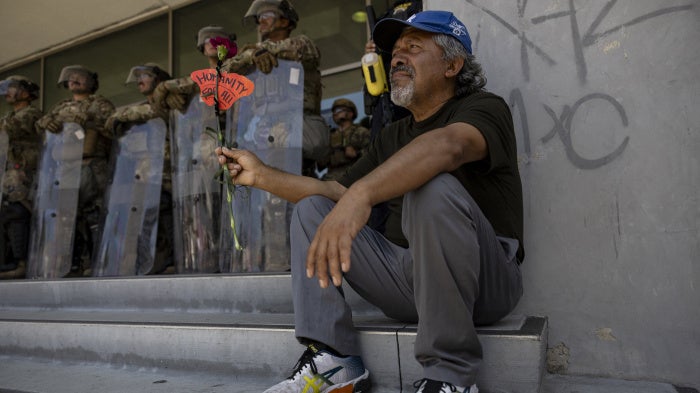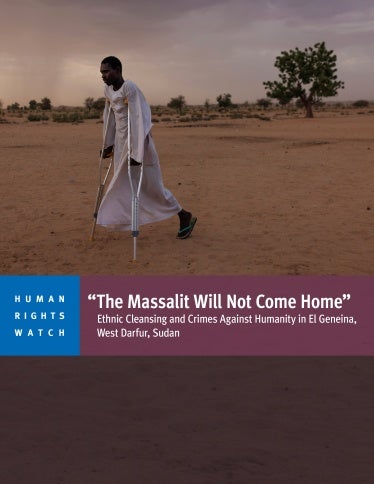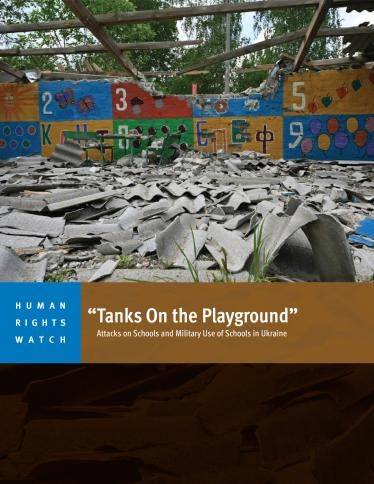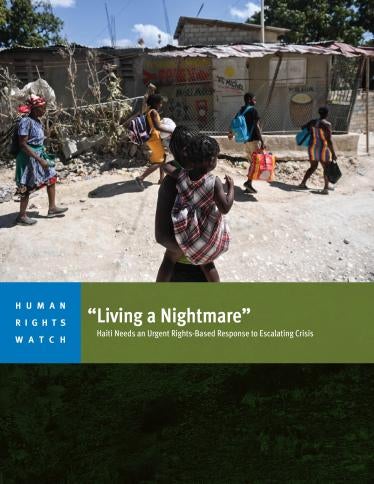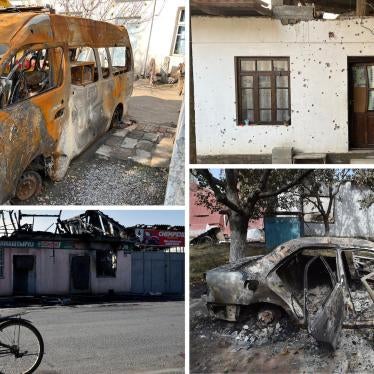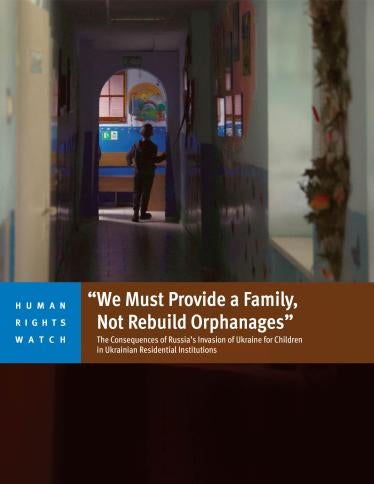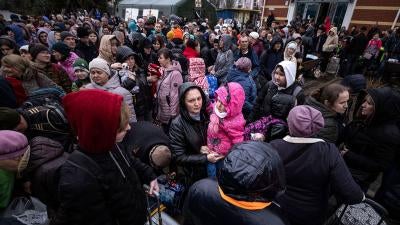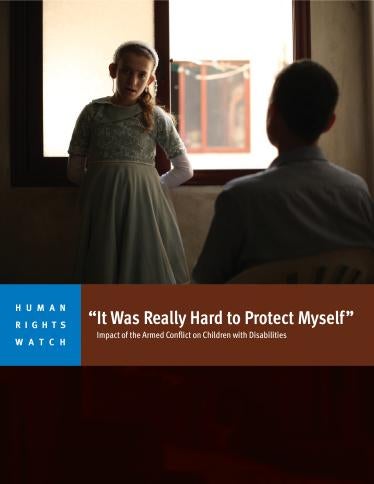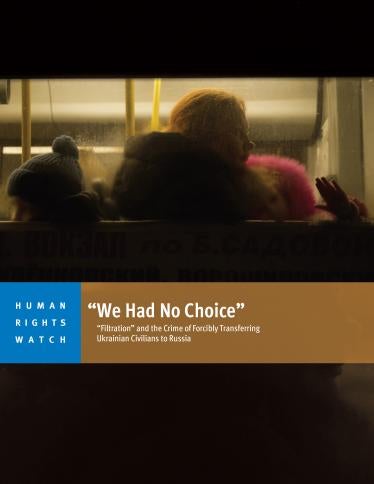“You Feel Like Your Life Is Over”
Abusive Practices at Three Florida Immigration Detention Centers Since January 2025
The 92-page report, “‘You Feel Like Your Life is Over’: Abusive Practices at Three Florida Immigration Detention Centers Since January 2025,” documents that people detained at Krome North Service Processing Center (Krome), Broward Transitional Center (BTC), and the Federal Detention Center (FDC) in Miami have been held in overcrowded and unsanitary conditions and subjected to degrading treatment, and have not been given access to prompt and adequate medical care. The groups also reported the experiences of 17 immigrants in at the three detention facilities since January 20.


